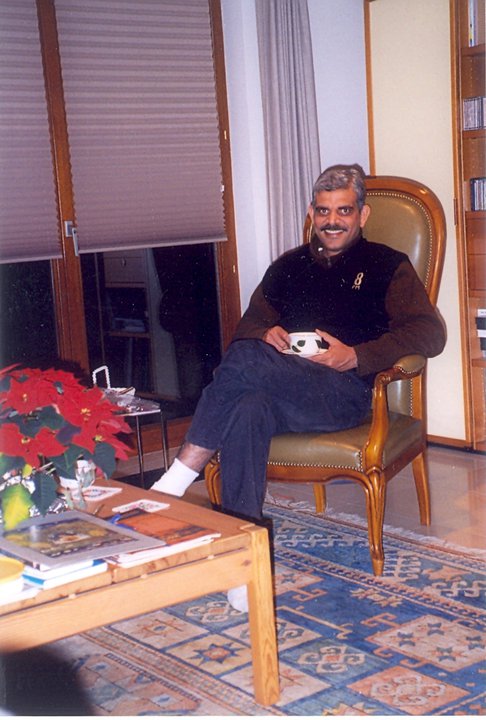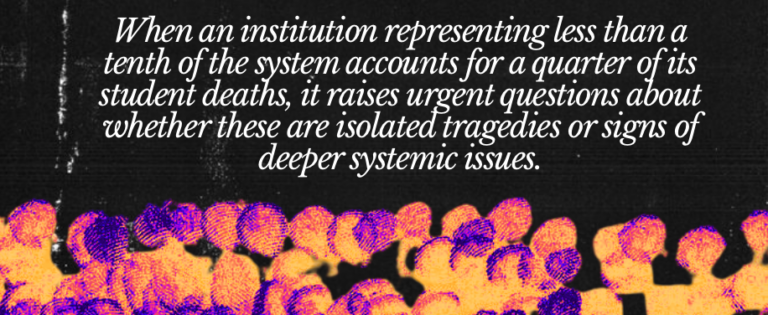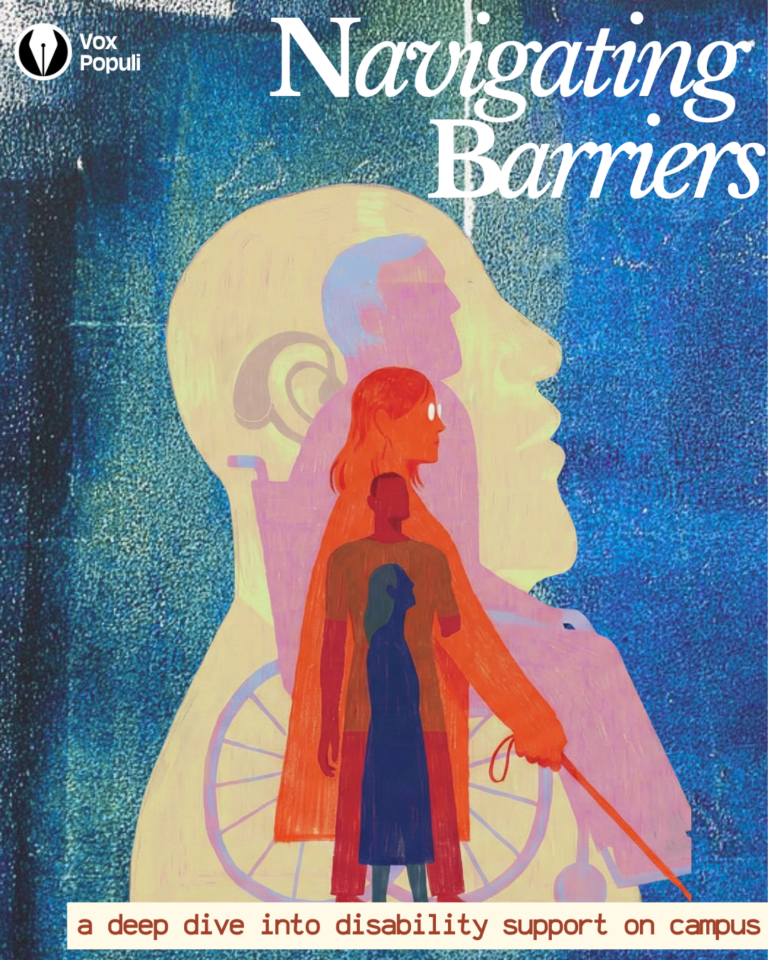Dr. Neeraj Misra, professor in the Department of Mathematics and Statistics, was instated as the Dean of Academic Affairs last semester. He has extensive research experience in fields of both Theoretical and Mathematical Statistics and has won national and international acclaim for his work. Prior to his tenure here, Dr. Misra has been affiliated to universities in Belgium and the USA.
In conversation with Dr. Misra, Vox brings to you his views on academics in the country and plans for the institute.
—————————————————————————————————————————————————————-
Q: The state of and attitude towards technical education in India has faced criticism in recent years. What is your opinion on the same?
A: I do not believe in attributing much importance to the attitudes and conditions because they are cyclic in nature. Today, the students in technical institutions are more oriented towards startups, which is an area having several role models for the youth. As a result, emphasis is laid on analytics rather than core engineering. Another widespread complaint is that people trained for engineering are opting for jobs in financial institutions. This trend has come up because of the visible difference in number of jobs offered by the respective sectors. Eventually, a period will come in this cycle, where core engineering will be of prime importance again.
Q: Could you tell us your analysis of the new system of JEE?
A: The number of good technical institutions in the country is less as compared to the number of talented students who aspire to join the same. Working in the framework of such constraints, I believe, that JEE is the best possible model. In fact, it is a very good process of elimination rather than selection.
Q: A lot of efforts are being taken by students on Internet forums to increase IITK’s brand value and garner the attention of prospective students. Do you believe such measures are necessary?
A: In my opinion, such measures are very necessary. I admit that the institute has not been very proactive in marketing. IITK takes academics very seriously, and no compromises are made in that area. Over and above classroom teaching, learning in general is encouraged via interaction and participation in varied activities. The student body plays a very proactive role in administrative affairs. Finally, the quality of life on campus is possibly the best in the country. A lot of preconceived notions exist about IITK which need to be dispelled. We should let go of complacency and highlight the plus points of the institute to bring focus back to it.
Q: There have been certain instances of late where students have shown a disregard for academic ethics. How deeprooted is this issue and how can it be addressed ?
A: This situation is indeed worrying. As a short term solution, the Senate has instructed the SSAC to report to it every two months, instead of annually. This supervision by the Senate has helped deal with the cases effectively and hence, has caused a change in the outlook of the students on the issue. The shift of importance to marks over knowledge in our system could be one of the fundamental causes of this. To counter this shift in the long term, I believe that the system should cater to every type of student. The Academic Senate has made several provisions to help academically weak students. There should be a set of provisions for students who display high aptitude and interest in subjects too. They should be identified and should be encouraged by faculty, so as to promote knowledge. When this is done at the institutelevel, people will start looking beyond marks, and this will serve as a deterrent to plagiarism.
Q: A lot of flaws in the OARS website have been discovered during registration. Is anything being done to correct this?
A: OARS started as a student project and was intended for smallscale operations. As the number of students grew, upgrades were made when required, which were not very cohesive. This has resulted in the glitches in the system. Efforts are underway to improve this system, and in due time, we hope to have an entirely new system in place.
Q: Concerns have been raised on the quantity of content in the courses, as a lot of concepts are rushed through towards the end of a course. This hampers proper comprehension and encourages mindless studying. How can this be changed?
A: This problem has cropped up often. The lecture duration being cut down by five minutes has been a contributor to this issue. This small amount of time makes a big difference when the entire semester is considered. Also, at times absence from classes creates a gap between teaching and learning. I recognise that several students do well without attending class, but the presence of such students improves the general atmosphere of the lecture and encourages other students to learn. I would advise students to maintain attendance. Other than this, if at all a change in the course contents has to be made, it has to be done on a departmental level; the Institute, as a whole, cannot prescribe anything in this matter.
Q: Could you enumerate your plan for the institute?
A: As I mentioned above, I would really like to set up some system by which good students, who pursue knowledge, can be encouraged. I would also like to ensure that the ambitious programs like Minor, Double Major etc, set up by the institute achieve success. The current batch of outgoing students had a few who had completed these programs; I hope the number increases over the years. The best way to go about this would be to impose less restriction during course registration, especially during summer, so that students can enroll for the prescribed prerequisites. Lastly, I would like to work with students and contribute to the effort of building the IITK brand.
Q: A word for the Freshers.
A: You might have been at the top in your schools. Remember that you are now competing with the best and you should work harder. Do not give up halfway and resort to other avenues of passing time which might not be beneficial in the long run. In the first year, it is best to concentrate on core academics and understand the system. Once you do this successfully, the rest of your time at the institute will pass smoothly and you will be able to participate in all activities and events.










